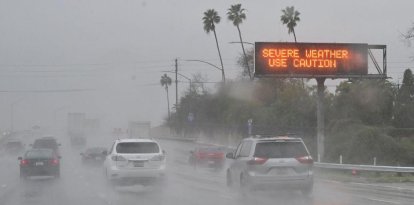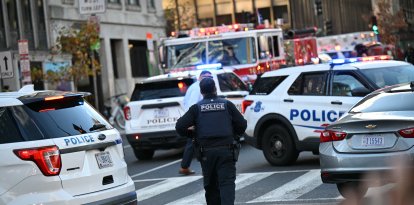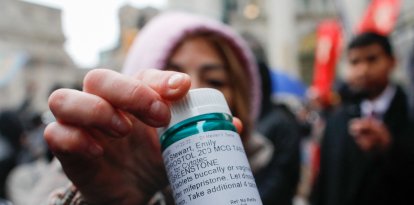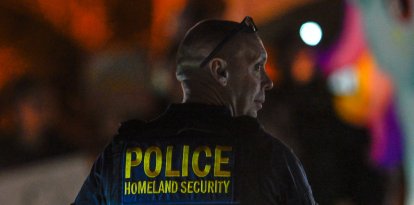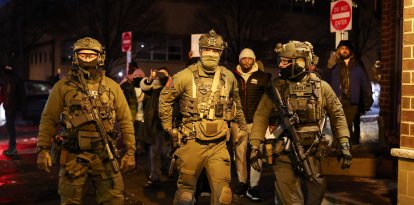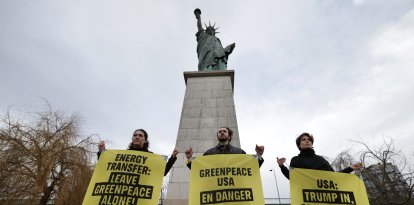Public safety crisis in Washington, DC, forces authorities to backtrack on soft-on-crime policies
In the face of an unprecedented increase in homicides, a new law increases penalties for robbery and firearm offenses.
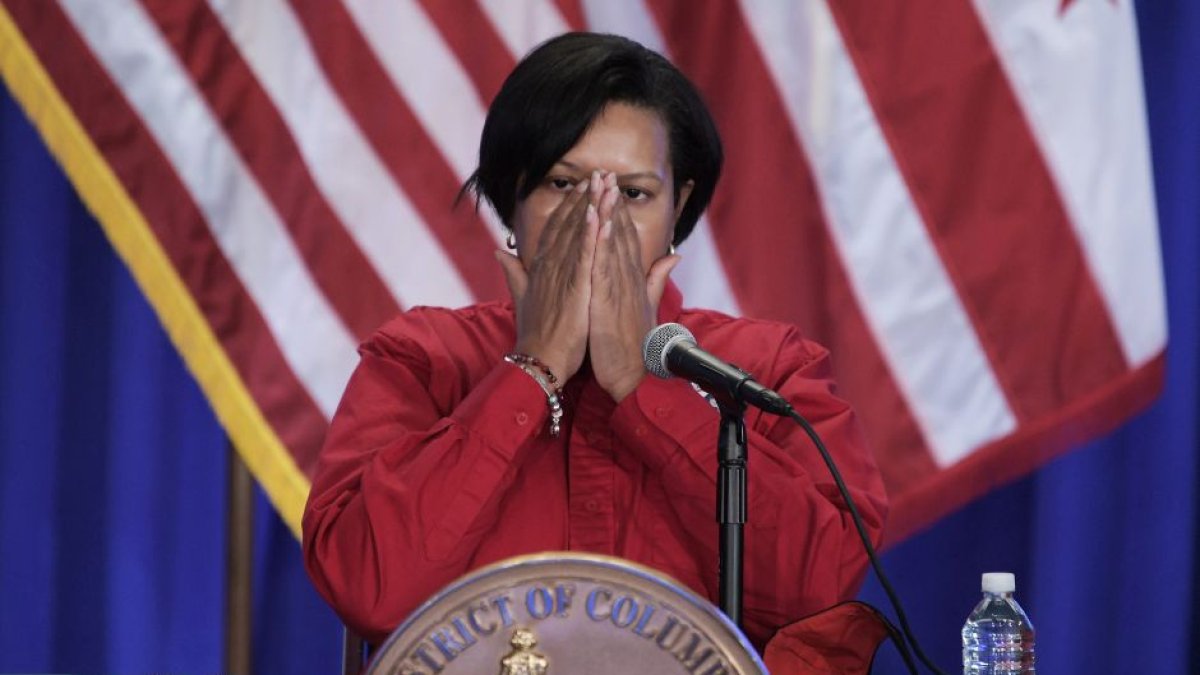
Muriel Bowser (Cordon Press)
A new public safety bill underway in Washington, D.C. The D.C. Council approved a bill that increases penalties for robbery and firearm offenses.
With the new bill, which was presented in response to police demands, the nation's capital reverses a series of progressive penal reforms which were implemented a few years ago that reduced penalties for criminals and which resulted in a 25-year increase in homicides.
Mayor Muriel Bowser signed the bill, which was proclaimed an emergency:
The content of the law
Parts of the rule were proposed by Bowser in the fall. The law makes organized retail theft a felony and restores the declaration by the chief of police of so-called drug-free zones (with high crime rates):
"[The Metropolitan Police Department] has for the last several weeks been analyzing data," Bowser stated referring to drug-free zones. "I know the chief will make some decisions based on that data on where to deploy that tool immediately."
The law also gives officers new permission to observe body camera footage before writing incident reports and authorizes officers to collect DNA from suspects before they are convicted. Bowser's office stated in a release:
The rule also gives more power to judges to jail those suspected of committing violent crimes until their trial, and minors can also be detained longer.
Crime crisis in DC
Although crime is down this year, Washington, D.C., has been suffering from an unprecedented crime crisis for years. In 2023, Deputy Mayor for Public Safety and Justice Lindsey Appiah testified before the House Judiciary subcommittee that violent crime was a "crisis" in the city.
Metropolitan Police Department statistics revealed that last year that a total of 274 homicides were recorded, a 35% increase over 2022. Robberies also increased by 67%, property crimes by 24% and total violent crimes by 39%.
Likewise, in mid-2023, police reported that murders were up 20% over 2022 representing the highest figure on record in more than two decades. The D.C. Police Union noted in a post on X that "this is the earliest date by which the city reached this marker since 2003."
Police personnel at historic low, and the city is the 'least desirable' place to live
The number of serving officers is at its lowest level in 50 years (with only 3,200 sworn officers). More than 210 police officers have left their posts so far in 2023. D.C. Police Union Chairman Gregg Pemberton concluded:
The crime crisis, coupled with poor housing affordability and the high cost of living, has also caused Washington, D.C., to be named the "least desirable" in the country to live, according to a new survey from Home Bay:













